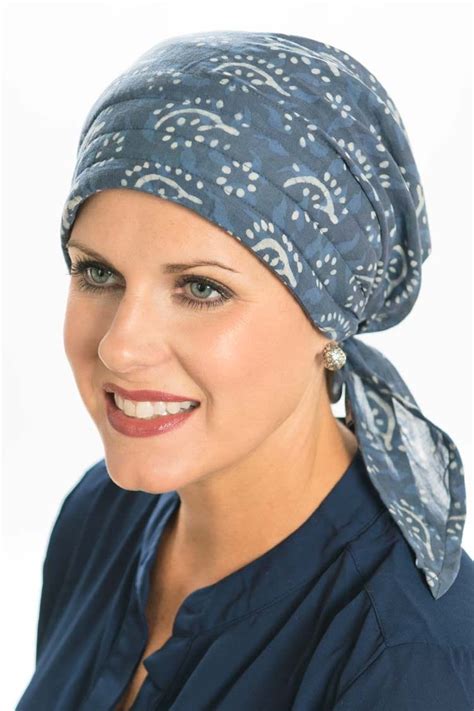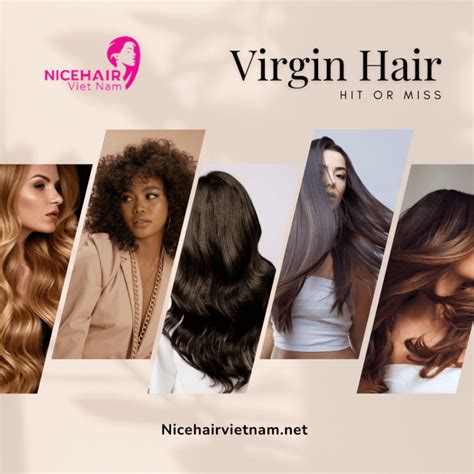In a world that often prioritizes sleek, chemically straightened hair, embracing your natural texture can be a liberating and empowering act. Whether you have wavy, curly, kinky, or coily hair, natural hair masks offer a plethora of benefits to nourish, strengthen, and enhance your unique hair type.

Benefits of Natural Hair Masks
-
Deep Conditioning: Masques penetrate deep into the hair shaft, providing intense hydration and nourishment that regular conditioners cannot match. This is especially beneficial for dry, damaged, or color-treated hair.
-
Reduced Breakage: By strengthening the hair’s structure, masques help prevent breakage and split ends, leaving you with longer, healthier hair.
-
Moisture Retention: Natural ingredients such as oils, butters, and honey help seal in moisture, preventing dryness and frizziness.
-
Scalp Health: Some masques contain ingredients that soothe and nourish the scalp, reducing dandruff, itching, and irritation.
-
Improved Hair Growth: Certain ingredients, such as castor oil and rosemary essential oil, may stimulate hair growth by promoting blood circulation to the scalp.
Types of Natural Hair Masks
The vast array of natural hair masks can be overwhelming, but choosing the right one for your hair type and needs is essential. Here’s a breakdown of some popular options:
-
** увлажняющие маски:** These masks are ideal for dry, brittle hair. They typically contain moisturizing ingredients such as coconut oil, shea butter, avocado, and honey.
-
Протеиновые маски: Protein is crucial for strengthening hair and preventing breakage. Protein-rich masks include eggs, yogurt, gelatin, and quinoa.
-
Увлажняющие маски: These masks are designed to control frizz and add shine. They often contain oils such as argan oil, jojoba oil, and coconut oil.
How to Use Natural Hair Masks
To get the most out of natural hair masks, follow these steps:
-
Prepare your hair: Wash your hair with a gentle shampoo and towel-dry it.
-
Apply the mask: Apply the mask evenly from roots to ends, avoiding the scalp. Use a shower cap or plastic wrap to cover your hair.
-
Process: Allow the mask to process for the recommended time, which typically ranges from 15 to 30 minutes.
-
Rinse: Rinse the mask thoroughly with warm water.
-
Condition: Follow with a conditioner to seal in the moisture.
DIY Natural Hair Mask Recipes
There’s no need to spend a fortune on natural hair masks. You can easily create your own using ingredients you probably already have in your kitchen. Here are a few DIY recipes to get you started:
-
Moisturizing Coconut Oil Mask: Mix equal parts coconut oil and shea butter. Warm the mixture in the microwave until it’s melted. Apply to hair and process for 20 minutes.
-
Protein-Rich Egg Mask: Whisk together one egg and one tablespoon of olive oil. Apply to hair and process for 15 minutes.
-
Hydrating Avocado Mask: Mash one ripe avocado and add one tablespoon of honey. Apply to hair and process for 30 minutes.
Natural Hair Mask Ingredients to Try
The world of natural hair masks is vast, and there are countless ingredients you can experiment with. Here are some popular options:
- Oils: Argan oil, jojoba oil, coconut oil, castor oil, olive oil
- Butters: Shea butter, mango butter, cocoa butter
- Fruits: Avocado, banana, pineapple, papaya
- Vegetables: Honey, yogurt, eggs
- Herbs: Rosemary, sage, lavender
Conclusion
Embracing your natural hair is a journey of self-acceptance and love. Natural hair masks are a powerful tool to enhance your hair’s health, beauty, and shine. By choosing the right mask for your hair type and needs, and using it regularly, you can achieve the luscious, healthy locks you’ve always dreamed of.
Frequently Asked Questions
- How often should I use a natural hair mask?
The frequency of use depends on your hair type and needs. Dry, damaged hair may benefit from weekly masks, while healthy hair may require masks once or twice a month.
- Can I leave a natural hair mask in overnight?
Some masks can be left in overnight, but it’s important to follow the instructions on the product carefully. Leaving a mask in for too long can over-moisturize your hair, leading to limpness and build-up.
- Can I use a natural hair mask as a conditioner?
Natural hair masks are more intensive than conditioners, so they should not be used as a substitute. However, you can follow up your mask with a conditioner to seal in the moisture.
- Can I use natural hair masks on chemically treated hair?
Yes, natural hair masks can be beneficial for chemically treated hair, as they help repair damage and restore moisture. However, it’s important to use masks specifically formulated for chemically treated hair.
- Can I use natural hair masks on my scalp?
Some natural hair masks contain ingredients that can benefit the scalp, such as tea tree oil or rosemary essential oil. However, avoid applying masks directly to the scalp, as this can clog hair follicles and lead to scalp irritation.
